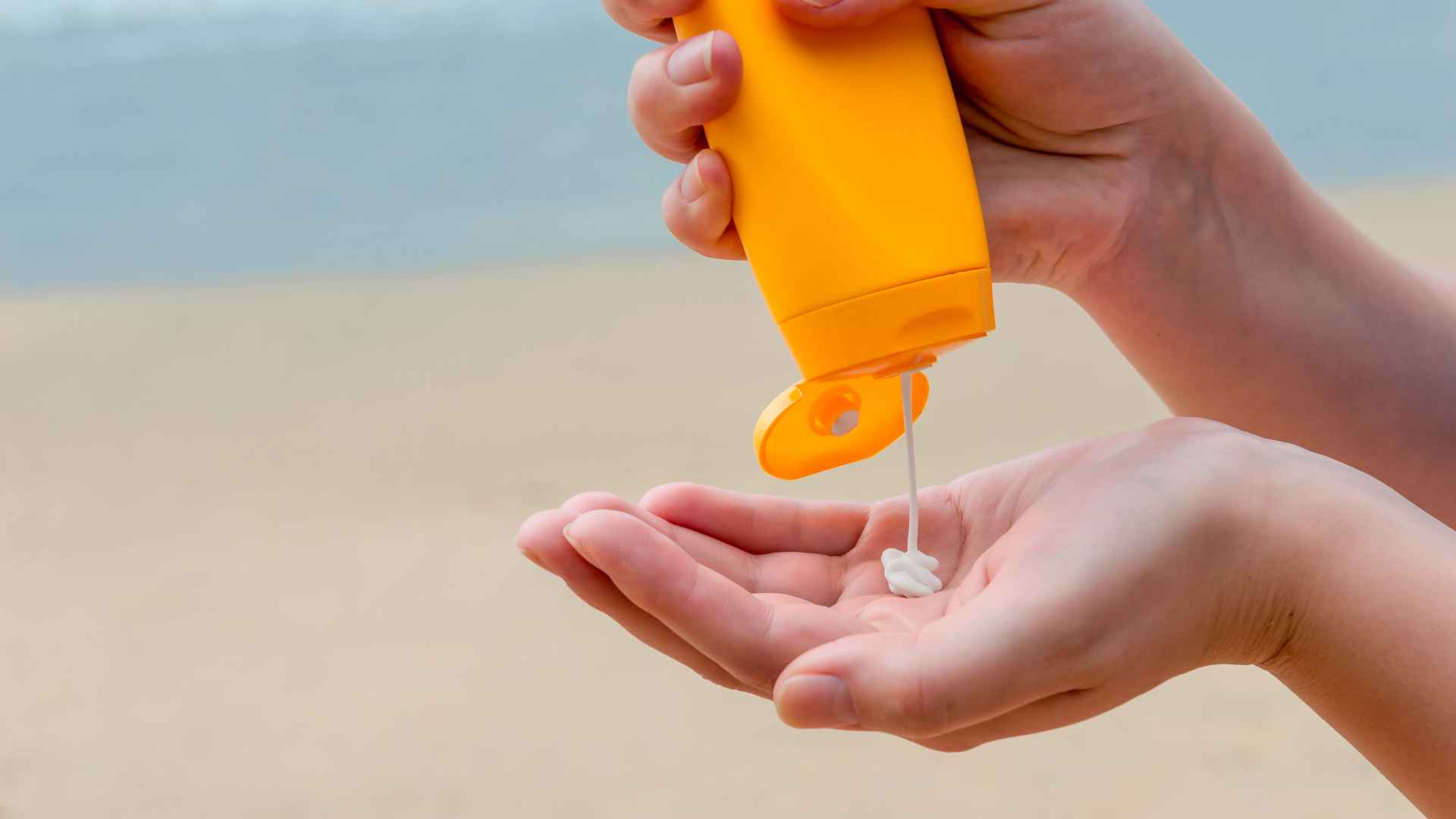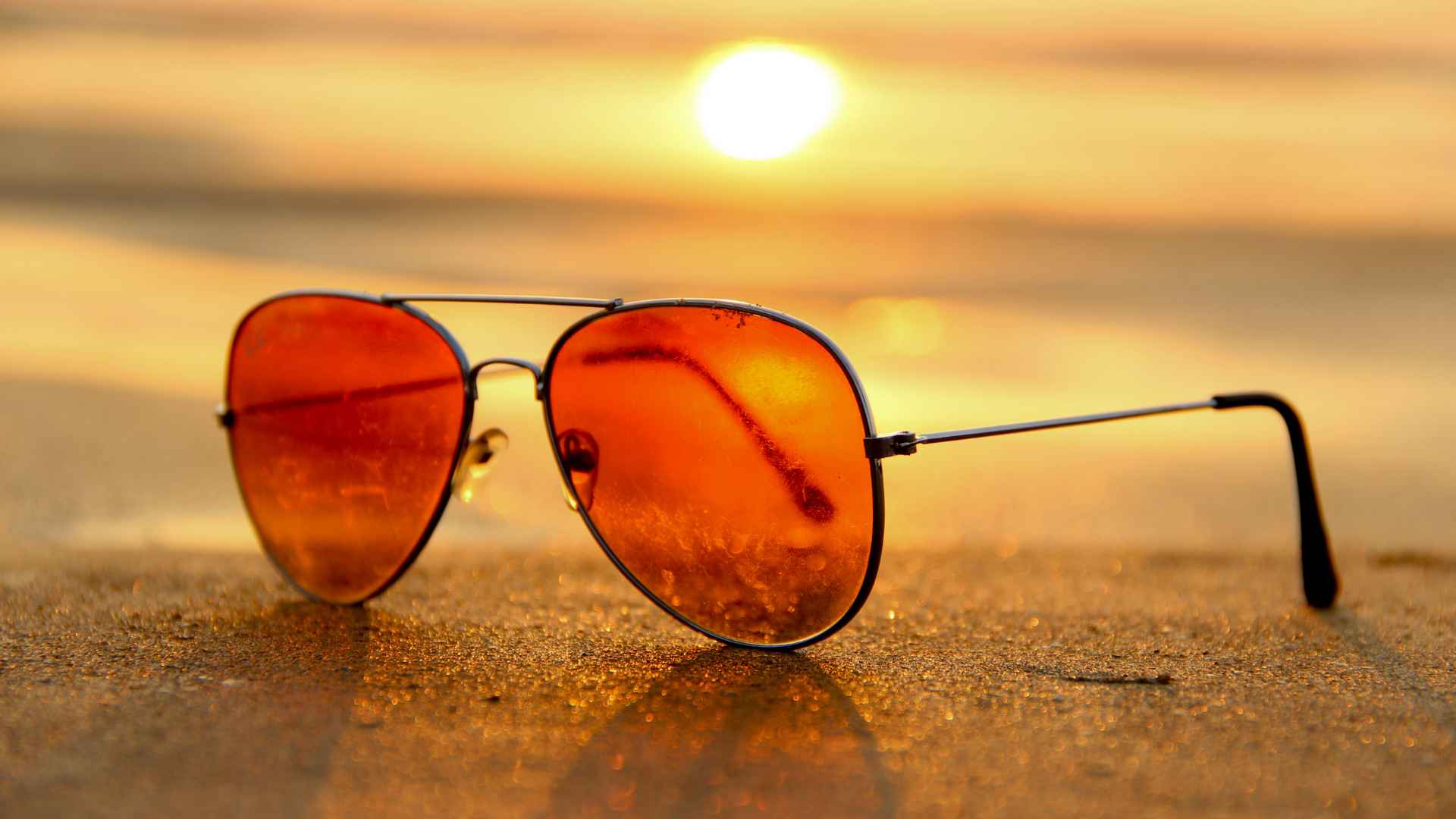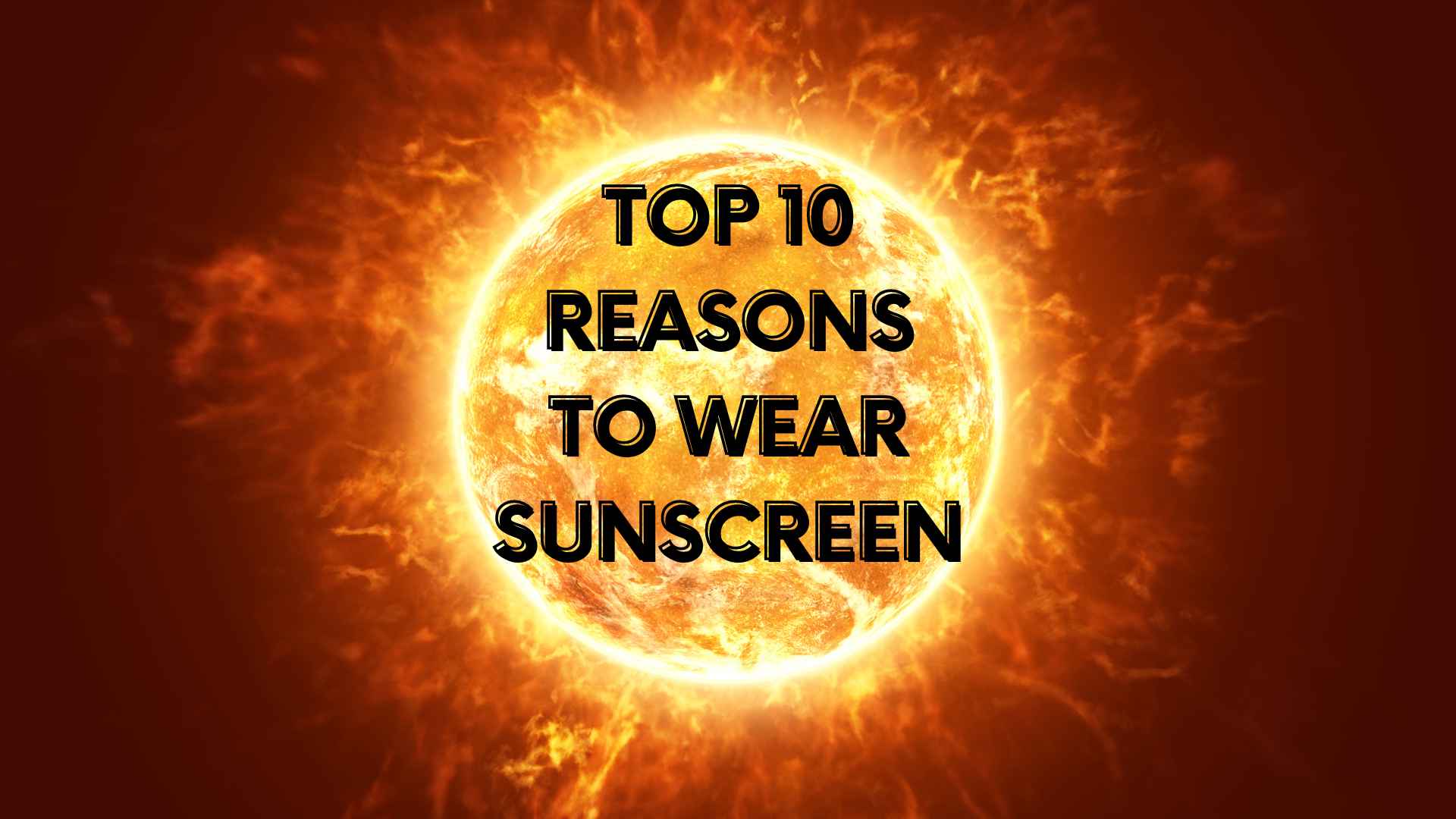A Crucial Step in Post-Cancer Facial Reconstruction
As an ophthalmologist who specialises in working with cancer patients, particularly in the challenging field of facial reconstruction after Mohs surgery, I have witnessed the physical and emotional toll that cancer can take on individuals. Mohs surgery is a highly effective technique for removing skin cancers. In my years of experience, one thing has become abundantly clear: sunscreen is not just a cosmetic product but a vital tool in preventing skin cancer and protecting the skin, especially for those who have undergone cancer removal procedures like Mohs surgery. In this blog, we will delve into the top 10 reasons why wearing sunscreen is a non-negotiable part of your daily routine.

- Skin Cancer Prevention:
The most obvious reason to wear sunscreen is to protect your skin from the harmful effects of UV radiation. UV rays from the sun are a leading cause of skin cancer, including melanoma, basal cell carcinoma, and squamous cell carcinoma. Regular application of sunscreen can significantly reduce your risk of developing these life-threatening conditions.
- Post-Mohs Surgery Protection:
For individuals who have undergone Mohs surgery to remove skin cancer, sunscreen is a lifeline. The delicate, newly-reconstructed skin is highly susceptible to UV damage, which can result in compromised healing, scarring, and increased risk of cancer recurrence. Sunscreen acts as a shield, safeguarding the progress made during the reconstruction process.
- Minimising Scarring:
Wearing sunscreen on a daily basis helps to minimise the appearance of scars, especially for patients who have undergone facial reconstruction surgery. UV rays can exacerbate scar tissue, making scars more noticeable and harder to manage. Sunscreen reduces the chances of this happening.
- Maintaining Skin Health:
Sunscreen isn’t just about preventing cancer; it’s also about overall skin health. UV rays can accelerate skin ageing, leading to wrinkles, fine lines, and age spots. By protecting your skin from the sun, you can maintain a youthful complexion.
- Preventing Sunburn:
Nobody enjoys the pain and discomfort of sunburn, and for cancer patients, it can be particularly challenging to endure. Sunscreen provides a crucial defence against sunburn, which can be not only painful but also damaging to healing skin.
- Protection from UV-Related Eye Issues:
As an ophthalmologist, I’ve seen firsthand the impact of UV radiation on the eyes. Wearing sunscreen can also help protect your eyes from conditions like cataracts and pterygium, which are associated with excessive sun exposure.

- Confidence Boost:
For cancer patients undergoing facial reconstruction, self-esteem and body image can take a hit. Sunscreen helps protect your skin and can boost your confidence by preserving your skin’s appearance and the results of the reconstructive surgery.
- Year-Round Necessity:
UV rays are present year-round, even on cloudy or overcast days. Wearing sunscreen daily, regardless of the weather, is essential for consistent protection.
- Easy Incorporation into Your Routine:
Applying sunscreen can be a simple and quick addition to your daily skincare routine. Many moisturisers and makeup products also contain SPF, making it even more convenient to protect your skin.

- Setting a Healthy Example:
By wearing sunscreen regularly, you not only protect your own skin but also set a positive example for those around you, including family and friends. Encouraging sun-safe habits can help reduce the overall incidence of skin cancer.
In the realm of cancer treatment and facial reconstruction, the importance of sunscreen cannot be overstated. It plays a crucial role in preventing skin cancer, protecting the delicate skin after Mohs surgery, and preserving skin health. Beyond its medical benefits, sunscreen can also boost confidence and contribute to overall well-being. So, make sunscreen a non-negotiable part of your daily routine, and let it be your shield against the harmful effects of UV radiation. Your skin, your health, and your future self will thank you for it.
For more before and after photos of Mohs surgery visit: https://www.mohsreconstruction.com.au/before-and-after-mohs-surger/
Learn more about Dr Anthony Maloof


